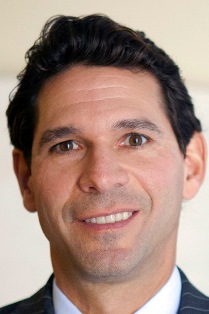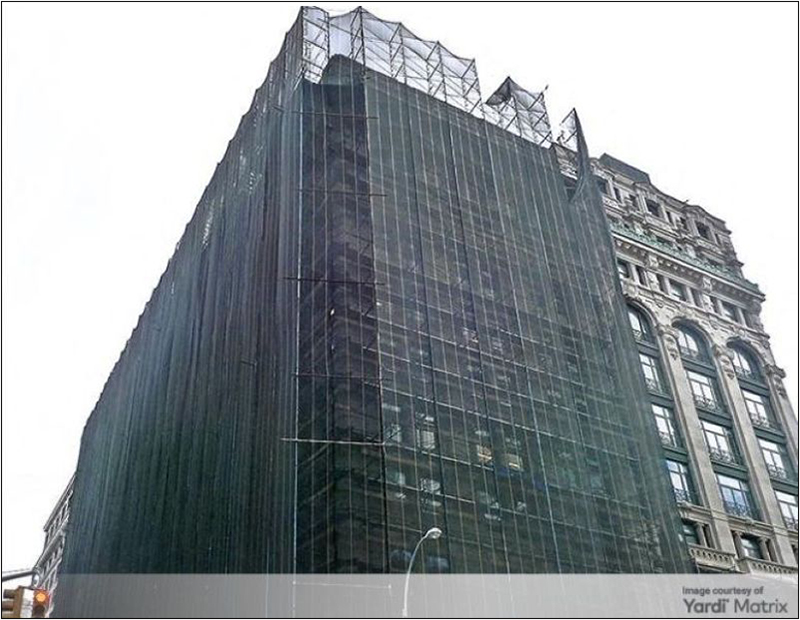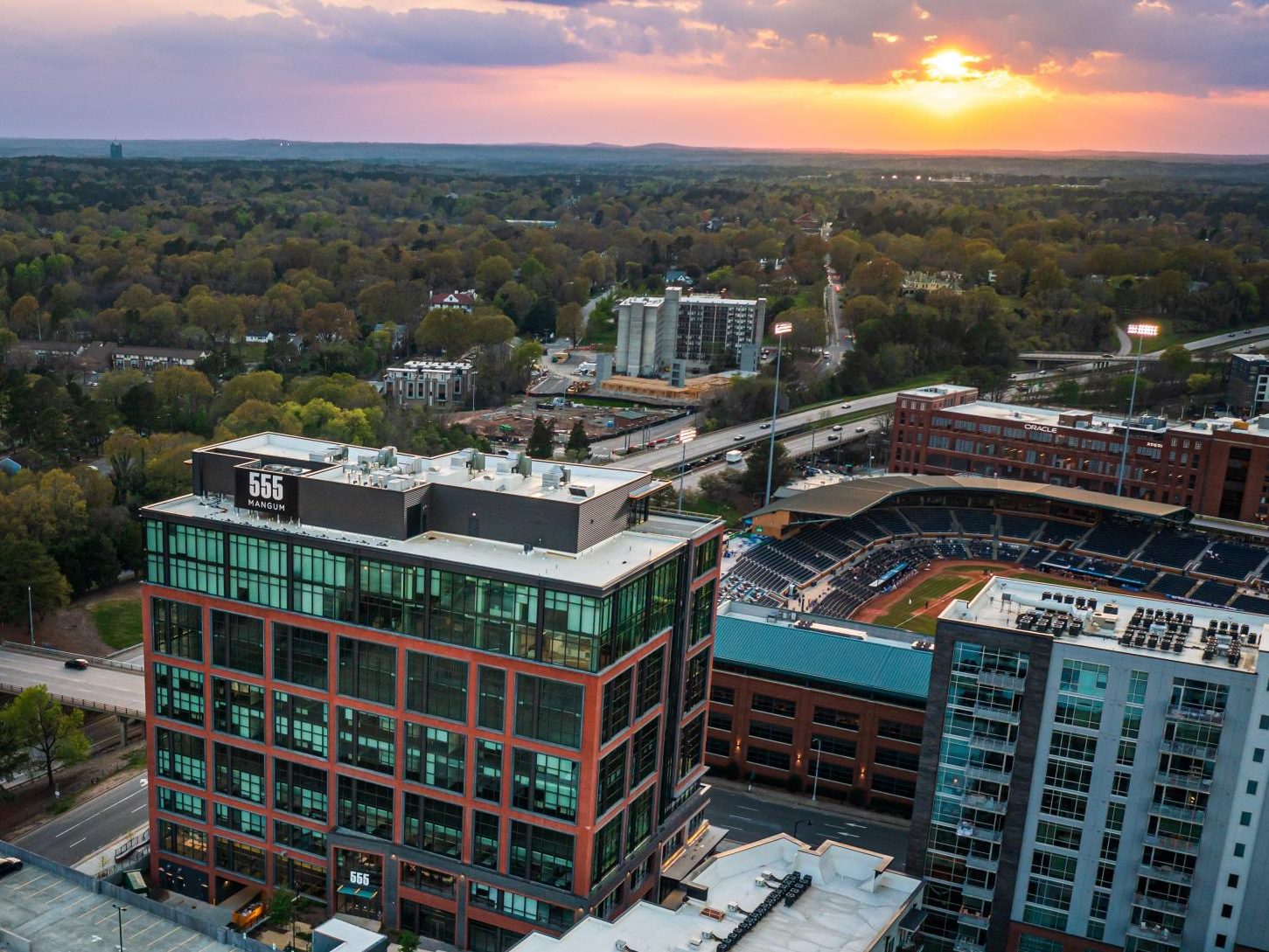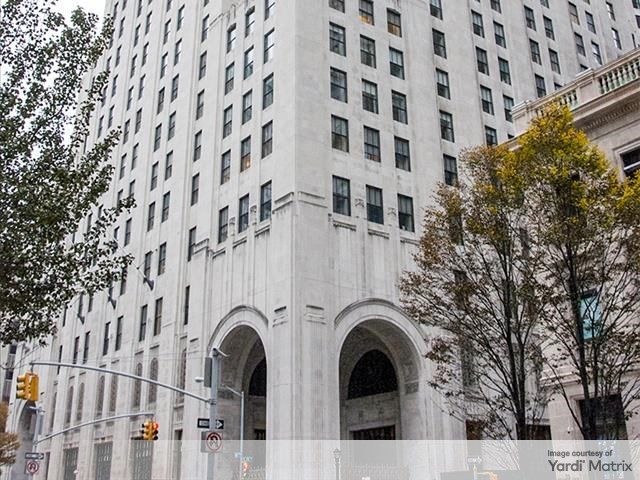KKR Raises $1.5B for Its First RE Fund
Strong interest from a variety of investors helped KKR amass $1.5 billion for its first real estate fund in only six months. The KKR Real Estate Partners Americas fund is now closed and the global investment firm is continuing to put the money to work.
By Gail Kalinoski, Contributing Editor
Strong interest from a variety of investors helped KKR amass $1.5 billion for its first real estate fund in only about six months. The KKR Real Estate Partners Americas L.P. fund is now closed and the global investment firm is continuing to put the money to work.
“We believe the current market opportunity has the potential to create strong value-driven investment opportunities where we at KKR can leverage our sourcing channels, insights through our industry groups and portfolio companies and operating capabilities to create differentiated investment opportunities for our limited partners,” Ralph Rosenberg, KKR’s global head of real estate, said in a news release.
The fund will continue to target property-level equity, debt, special situations transactions and businesses with significant real estate holdings in North America and Western Europe.
KKR began soliciting third-party capital for the fund in the second quarter of this year. The firm raised $1.2 billion from investors and added $300 million in commitments from KKR personnel and KKR Financial Holdings L.L.C. for a total of $1.5 billion in capital.
“We believe the strong support from the market for the fundraise was due to the compelling nature of the opportunity and the power of the team,” Suzanne Donohue, head of KKR’s Client and Partner Group, said in the company release. “We are very excited that we were able to attract new and existing KKR investors from leading public and private pension funds, sovereign wealth funds, insurance companies and family offices.”
Investors included the Teacher Retirement System of Texas and the Maine Public Employees Retirement System, according to a Bloomberg report.
The launch of its first real estate fund comes nearly three years after KKR established a dedicated real estate group and tapped Rosenberg to run it. Since forming the real estate platform, KKR has committed more than $850 million of equity to 14 real estate transactions in the United States and Europe, according to the company.
In February, KKR’s real estate group invested $150 million in Sentio Healthcare Properties Inc. to help the Orlando-based REIT expand its portfolio of seniors housing and medical offices and facilities. Another seniors housing investment occurred in September 2012, when it teamed up with Beecken Petty O’Keefe & Co. and Coastwood Senior Housing Partners to buy Sunrise Senior Living’s management company component for $130 million. Its first investment came in April 2012, when it partnered with YTC Pacific to buy Yorktown Center, a suburban Chicago shopping center for $196 million. Other investments included a Kansas City outlet center, a multi-family development in North Dakota, a business park in Texas and a Pittsburgh office building.
At that time, KKR had not yet created the third-party fund and Rosenberg would only say then that the team had access “to multiple pools of capital.” But commercial real estate experts expected KKR to create a real estate fund like its competitors Blackstone Group and Carlyle Group.
KKR said this week the real estate team, which has 15 people in New York, London and Hong Kong, seeks opportunities for the fund that can “benefit from KKR’s deep, longstanding global relationships, access to information, financial structuring and capital markets capabilities and real estate operational expertise.”
Rosenberg previously told CPE that KKR, which had invested in real estate businesses, platforms and properties for many years, had created the dedicated real estate unit to take advantage of opportunities in CRE it felt would emerge as a result of the financial crisis.








You must be logged in to post a comment.